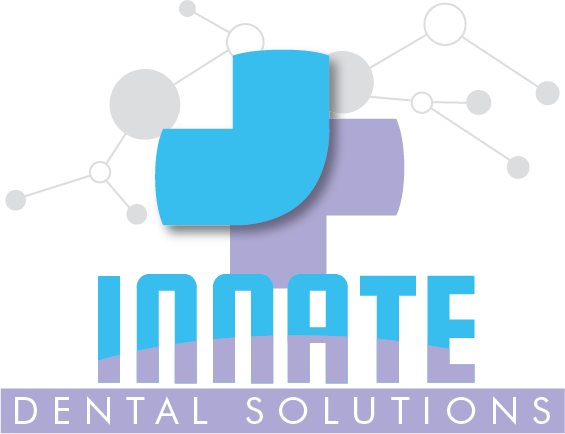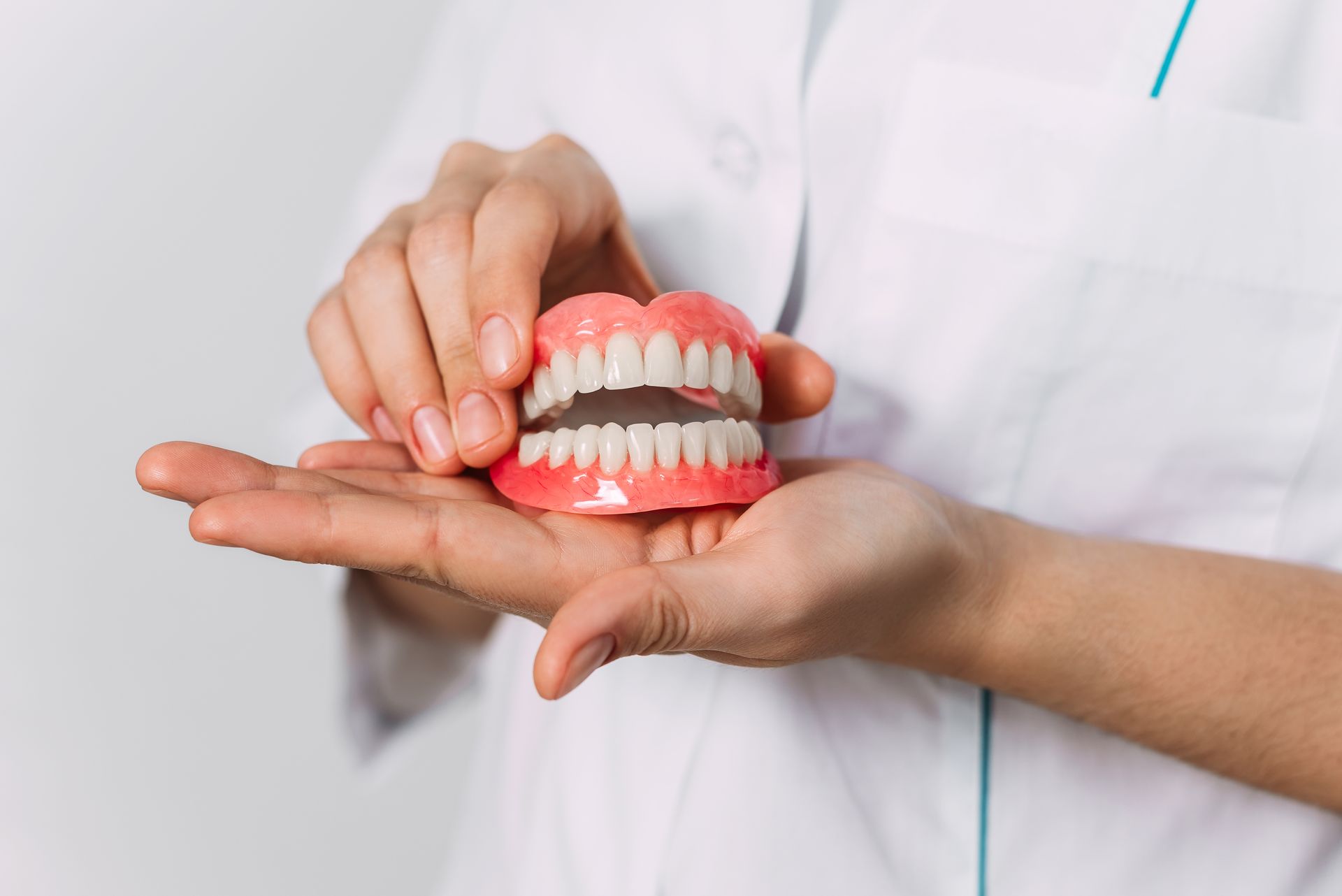The Best Whole Mouth Tooth Implants: Cost, Benefits & Procedure
Curious about whole mouth tooth implants for replacing all your missing teeth? This article explains the complete process, from benefits and costs to the procedure itself. See if this could be your solution to regain a full set of teeth.
Key Takeaways
- Whole mouth tooth implants are a secure and durable option for individuals who have lost most or all of their teeth, providing a complete mouth restoration with either fixed or removable prosthetic teeth supported by dental implants.
- There are various types of whole mouth implant procedures, including All-on-4, Same-Day Implants, and Traditional Full Mouth Implants, each offering unique advantages in terms of cost, treatment time, and durability.
- The cost of whole mouth dental implants varies widely (between $20,000 and $80,000), but they are generally more cost-effective than individual implants, and financing options are available to help manage these expenses.
What Are Whole Mouth Tooth Implants?
Full mouth dental implants, also referred to as whole mouth tooth implants, serve as a comprehensive solution for individuals who have lost the majority or all of their teeth. These implants allow for a complete mouth restoration by inserting several dental implants into the jawbone, supporting a complete set of prosthetic teeth. Unlike traditional dentures, this method provides a more secure and enduring solution that resembles natural teeth closely.
These dental implants can either be fixed or removable, depending on the patient’s needs. Typically, a full mouth dental implant procedure may require anywhere from 12 to 16 implants for a full crown and bridge setup, or 4 to 8 implants for a removable option. Their versatility makes them an attractive option for individuals aiming to enhance their oral health and restore their smile.
Types of Whole Mouth Tooth Implant Procedures
Various types of dental implant procedures are available, each offering distinct advantages and factors to consider. The most common procedures include All-on-4 Implants, Same-Day Implants, and Traditional Full Mouth Implants. Comprehending the disparities among these procedures can guide you in making a well-informed choice about the procedure that best fits your requirements.
All-on-4 Implants
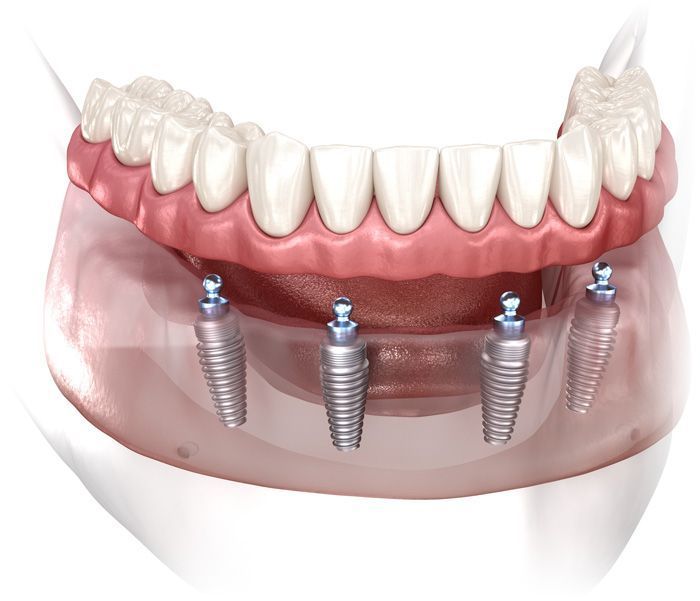
The All-on-4 implant procedure, also known as full arch dental implants, is favored by those looking for a cost-friendly and enduring solution to tooth loss. This method uses four dental implants to support an entire arch of teeth, providing a full restoration with just a few implants. The technique involves placing two straight and two angled implants to maximize support and stability. This configuration minimizes the need for bone grafting and reduces overall treatment time.
What sets All-on-4 implants apart is their:
- Durability
- Aesthetic appeal
- Natural look and feel
- Secure fit
- Ultra-stability and comfort
- Long-lasting and reliable solution
Made from zirconia or acrylic, these implants offer a palateless, permanent bridge design. With proper care, All-on-4 implants can serve as a long-lasting and reliable solution for many patients.
Same-Day Implants
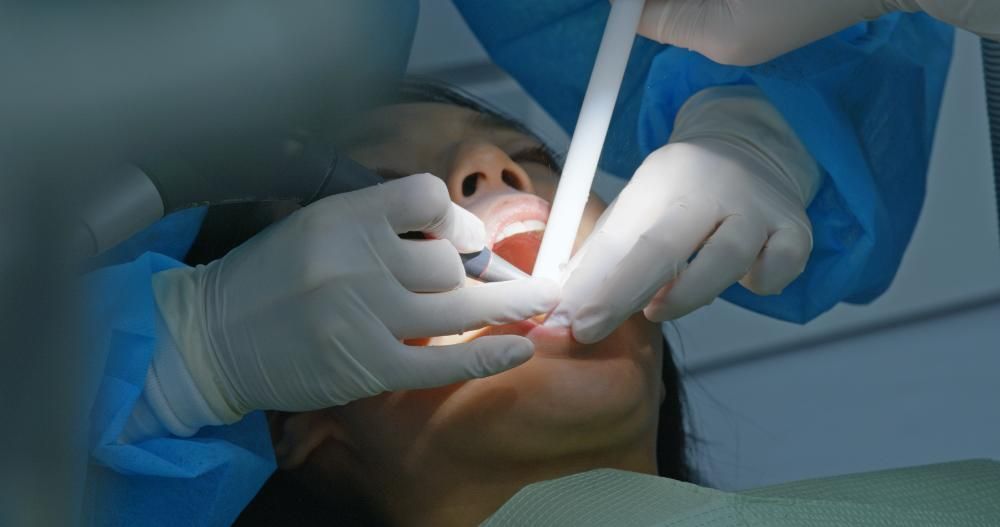
Same-Day implants, as the name suggests, allow patients to receive their implants and temporary teeth in a single appointment. This procedure eliminates the prolonged recovery periods associated with traditional implants, making it an attractive option for many. Patients walk out of the dental office with a new set of teeth the very same day.
Same-Day implants offer unmatched immediate functionality and aesthetic advantages. For those who cannot afford to wait for months to get their new teeth, this procedure offers a life-changing solution. It’s particularly beneficial for those with busy lifestyles or who require a quick restoration due to social or professional commitments.
Traditional Full Mouth Implants

Traditional full mouth implants involve a more complex and extended treatment process compared to newer methods. This procedure typically includes multiple surgeries and bone grafting to ensure a secure and lasting fit. While it requires a greater time investment and higher initial cost, the results are often unparalleled in terms of stability and durability.
Patients choosing traditional full mouth implants gain from:
- A tailored treatment plan catering to their specific dental needs
- An ideal method for those who have sufficient bone structure and are looking for a permanent solution to extensive tooth loss
- The comprehensive approach ensures that the implants integrate perfectly with the jawbone, providing a natural look and feel.
Cost of Whole Mouth Tooth Implants
The expense of whole mouth dental implants can fluctuate greatly, influenced by various factors including the number of implants required and the permanency of the teeth. Usually, the expense of extracting and replacing all teeth with implants falls between $20,000 and $80,000. The specific type of implant procedure also plays a significant role in determining the final price.
For example, removable full mouth implants, also known as snap-on dentures, typically cost between $25,000 and $35,000 for the entire mouth. On the other hand, permanent full mouth implants with zirconia teeth can range from $45,000 to $55,000 for a full upper and lower set. These costs often include additional services such as sedation, removal of natural teeth, and temporary teeth during the healing process.
Comparing Costs: Whole Mouth vs. Individual Implants
When comparing the costs of full mouth dental implants to individual implants, it’s clear that full mouth implants are generally more cost-effective in the long run. The average mouth dental implants cost for a full mouth dental implant procedure is around $25,000, which is significantly lower than the cumulative cost of replacing each tooth individually. This is particularly beneficial for those who have lost multiple teeth or require extensive dental work.
Full mouth implants are not only cost-saving but also lessen the frequency of dental visits and the total treatment duration. While individual implants can be a viable option for those with only a few missing teeth, full mouth implants offer a more comprehensive and efficient solution. This approach ensures a seamless and aesthetic restoration, enhancing both functionality and appearance.
Financing Options for Whole Mouth Tooth Implants
Considering the considerable cost of whole mouth dental implants, numerous patients examine different financing alternatives to handle their expenditures. In-house financing, payment plans, and interest-free financing are some of the common solutions available. These options make it easier for patients to afford the necessary dental work without incurring significant financial strain.
Companies like Care Credit and Lending Club offer financing plans with payments as low as $200 per month, making full mouth dental implants more accessible to a broader range of patients. Additionally, some dental offices provide in-house financing and flexible payment plans to accommodate different budgets. By discussing these options with your dentist, you can find a financing plan that suits your needs and helps you achieve a restored smile.
Benefits of Whole Mouth Tooth Implants

Whole mouth dental implants provide several advantages, transcending mere aesthetic enhancements. One of the most significant advantages is the natural appearance they provide. These implants closely mimic remaining natural teeth, helping to maintain facial structure and deliver a beautiful smile. Moreover, arch dental implants offer a stable and functional alternative to traditional dentures, allowing patients to bite, chew, and speak with confidence.
In addition to their visual and functional benefits, whole mouth implants also promote better oral health. By stimulating the jawbone, they help prevent bone loss and maintain the integrity of the facial structure. This long-term solution can significantly enhance the quality of life, offering a healthier and more sustainable alternative to removable dentures.
The Implant Procedure: Step-by-Step
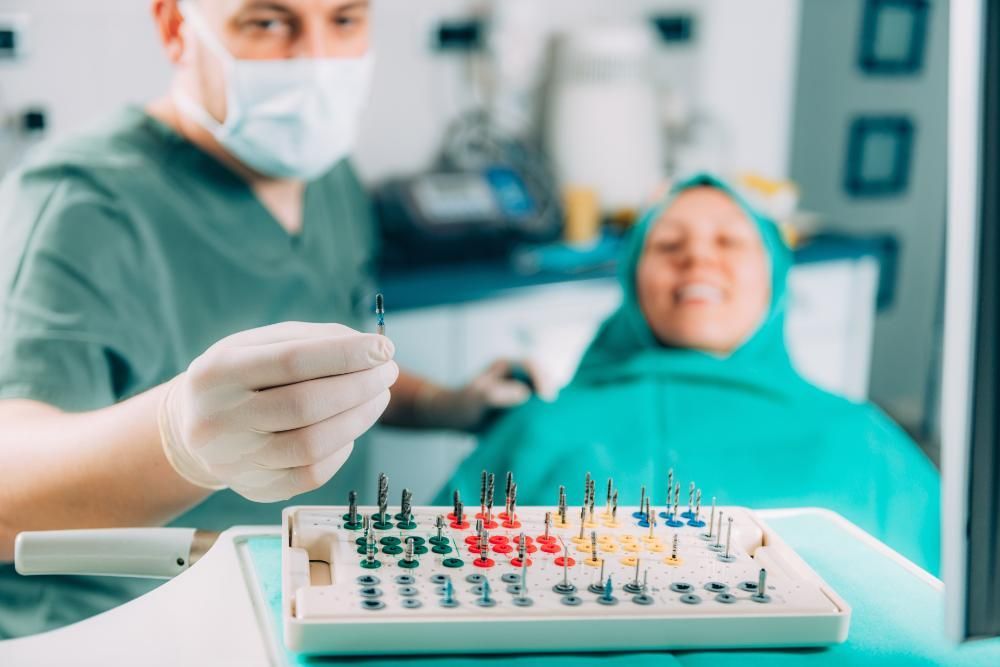
The journey to getting whole mouth dental implants generally commences with a preliminary consultation. During this visit, the following mouth dental implant procedures steps will be taken:
- A comprehensive oral exam will be conducted to evaluate the state of your gums and jawbone.
- X-rays will be taken to further assess your oral health.
- The oral surgeon will discuss your needs, concerns, and health conditions.
- The treatment plan, pricing, and financing options will be outlined.
Upon agreement on the plan, the procedure for implant placement is scheduled. During the surgery, a small incision is made in the gums to access the bone, and the implants are placed securely. The process of osseointegration follows, where the implants fuse with the jawbone over several months, ensuring a stable foundation for the new teeth. This phase is crucial for the long-term success of the implants.
After osseointegration, an abutment is placed on each implant to support the final restoration. The final phase involves attaching the permanent crowns or bridges, giving you a fully restored smile. The entire process can take up to a year, depending on the complexity and number of implants required. However, the result is a durable and aesthetically pleasing set of teeth that function like natural ones.
Post-Procedure Care and Maintenance
Appropriate care and maintenance after the procedure are vital for the durability and success of whole mouth dental implants. Daily oral hygiene practices, such as brushing and flossing, are crucial to prevent bacteria buildup around the implants. Using antibacterial mouthwash can also help reduce the risk of gum disease and ensure the health of the surrounding tissues.
Regular dental check-ups and professional cleanings are equally important. Visiting your dentist every six months allows for the examination of your oral health and ensures that the implants are functioning properly. Professional cleanings help remove plaque and bacteria that accumulate near the implant and crown, further protecting against complications.
By following these guidelines, you can enjoy the benefits of your implants for many years to come.
Who Is a Good Candidate for Whole Mouth Tooth Implants?

Suitable candidates for whole mouth tooth implants are those in sound oral and overall health. This means having healthy gum tissue free from periodontal disease and adequate bone structure to support the implants. If there are any existing oral health issues, such as moderate to advanced gum disease, they must be treated before the implants can be placed.
Additionally, candidates should have realistic expectations and a commitment to maintaining proper oral hygiene. Lifestyle habits, such as smoking, and systemic conditions like diabetes, can negatively impact the success of the implants and should be managed accordingly. By meeting these criteria, patients can ensure the best possible outcomes for their dental implant procedures.
Common Concerns and Questions
A common worry about dental implant surgery is the extent of pain involved. Fortunately, the procedure is generally not painful as the mouth is numbed during surgery. Post-surgery, most patients only experience mild to moderate pain. However, this discomfort can be effectively managed through prescribed pain medication. In fact, the discomfort is often less than that experienced during a tooth extraction.
Another common query relates to the success rate of full mouth dental implants. With proper care and maintenance, these implants have a very high success rate, often exceeding 97% over ten years. Made from durable materials like titanium, they can last up to 25 to 30 years, providing a long-term solution for tooth loss and significantly enhancing the quality of life.
Summary
Whole mouth dental implants offer a transformative solution for individuals suffering from extensive tooth loss. They provide a natural appearance, improved stability, and long-term oral health benefits. Whether you choose All-on-4, Same-Day, or Traditional Full Mouth Implants, each procedure offers unique advantages that cater to different needs and preferences.
Investing in whole mouth dental implants can greatly enhance your quality of life, restoring your ability to eat, speak, and smile with confidence. By understanding the costs, benefits, and procedures involved, you can make an informed decision and embark on a journey towards a healthier, more beautiful smile.
